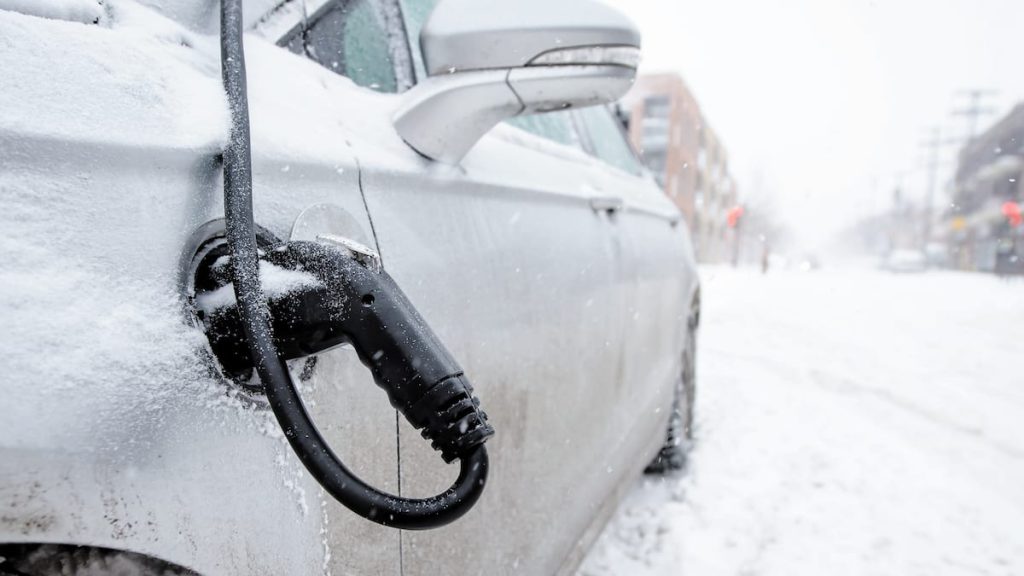
With the noticeable arrival of winter and colder temperatures, some motorists find that their electric vehicle's battery is running low.
That's also an observation by Consumer Reports, an American consumer association, which said last July that autonomous electric cars lose 25% of their autonomy when they're cold on the highway.
This decrease in autonomy can be explained in two ways: the battery and the driver. Andy Garberson, head of electric vehicle research company Recurrent Marketing, explained this in an interview with CNN on Tuesday.
First, batteries work through a chemical reaction. However, when temperatures drop, this reaction occurs less quickly, causing a loss of vehicle autonomy, the expert explained.
You should also remember that when it's cold, we turn up the heat. This will contribute to a reduction in the range of electric cars, unlike gasoline automobiles, Mr. Garberson added.
The latter, however, recalled that recent models are equipped with heat pump systems that help reduce the heating effect on the battery.
“They're more efficient at heating whether it's your house, your water heater or your car, so you're using less energy to heat your cabin,” he said. , it is not enough to limit the effects. .
Making several short stops can further reduce the distance you can travel on a charge because you have to reheat the cabin each time, a Consumer Reports study found.





More Stories
Sportswear: Lolle acquires Louis Garneau Sports
REM is still innovative enough to foot the bill
A trip to the restaurant with no regrets for these customers